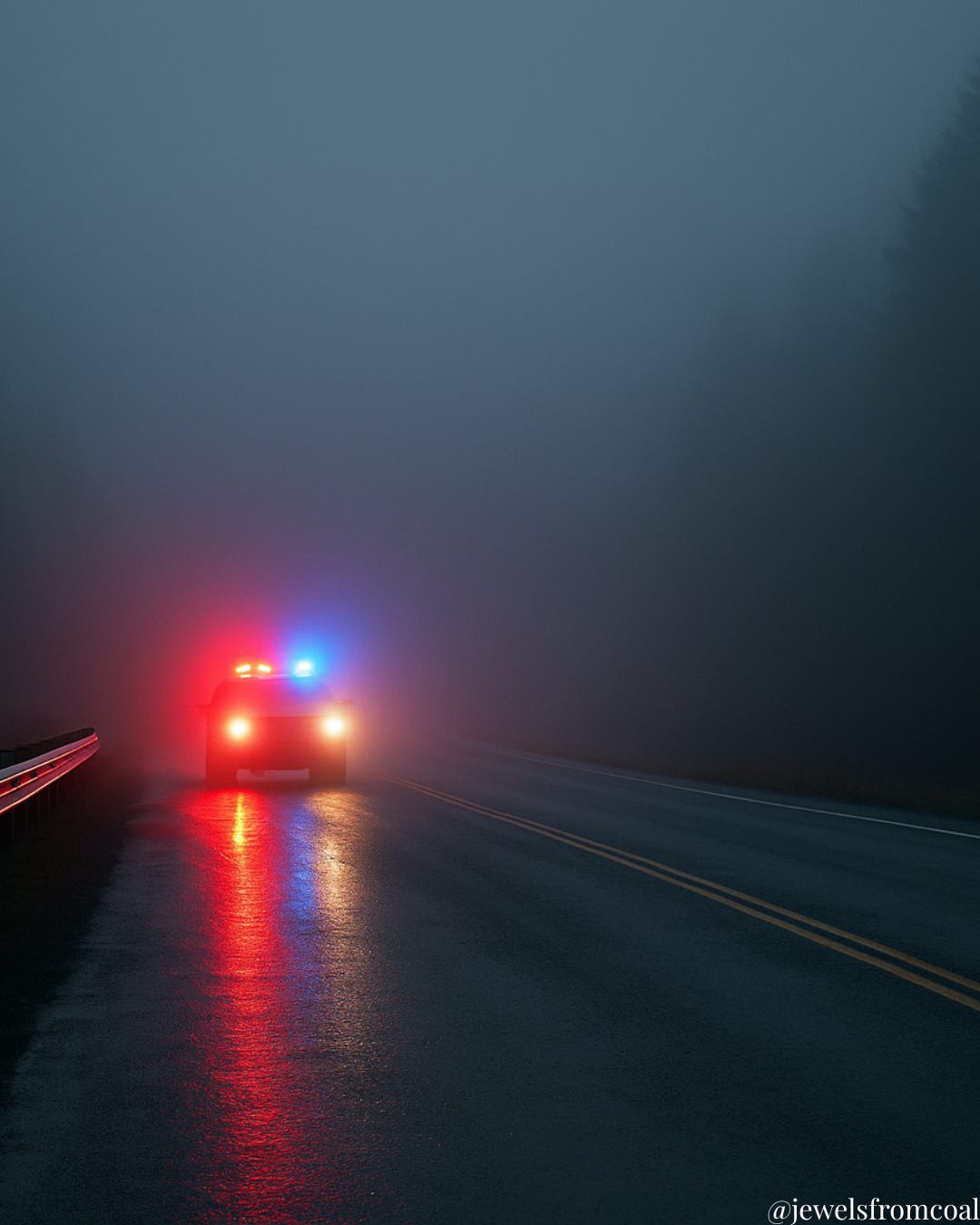Thinking Thursday #3
I Should Have Made a Full Stop at Albuquerque: When Survival Is Muscle Memory
Bugs Bunny always said he should’ve made a left turn at Albuquerque. Me? I made a full stop at a rural Washington highway and still ended up in a survival story. That’s the thing about being Black in America — even the most ordinary errand can turn into a test you never signed up for.
The Coast & The Forgotten Coat
It was late October on the coast, the Pa…
Keep reading with a 7-day free trial
Subscribe to Say it With Your Chest to keep reading this post and get 7 days of free access to the full post archives.



